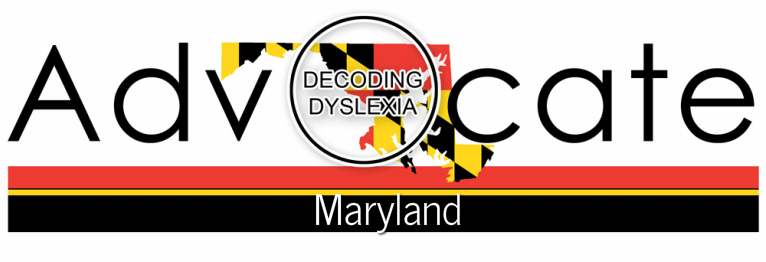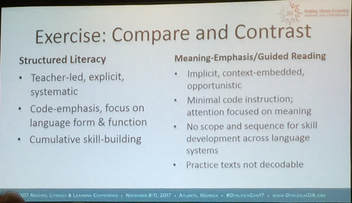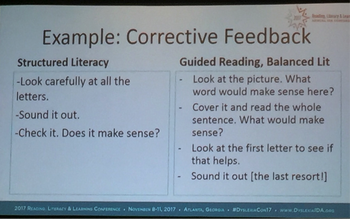“How much longer can I handle working for a system that chooses the wrong programs for students with dyslexia?”
MD Special Educator, 2018
| I am a public school special education teacher in Maryland. I have an administrator who told me I had to use Fountas and Pinnell Leveled Literacy (F&P) with a 4th grade student with dyslexia. I told him that it was an inappropriate choice because Fountas & Pinnell won’t teach a student with dyslexia to read and will rely on their excellent compensatory skills to guess at words. I said that F&P won’t teach the student how to manipulate speech sounds or sound out unfamiliar words -- in fact, F&P “de-emphasizes explicit instruction and practice of basic reading skills in favor of extended time reading text. F&P, also called Leveled Literacy interventions or Guided Reading, uses comprehension strategies to encourage students to guess at the meaning and pronunciation of words by using context clues and pictures rather than teaching a student how to hear and manipulate sounds within words (phonological awareness) and then apply this knowledge to written words (phonics). The Administrator told me I had no choice and had to use Fountas & Pinnell because that is "what this county uses." I suggested that he take a look at the research that shows a structured literacy approach to teaching reading, like Orton Gillingham, and other structured literacy models, would be more appropriate for students with dyslexia. | Source: IDA Educator Training Initiatives: Future Directions in Standards- Based Accreditation and Certification Practices, IDA Conference, 2017, Louisa Moats |
How will this student cope as more complex words and requirements come his way? How much longer can I handle working for a system whose current practices aren’t based on evidence; and in the face evidence, still choose the wrong programs for students with dyslexia? I whispered to the mother to fight like crazy for change. Why don’t I as a Special Education teacher have the power to participate in this decision? So frustrating and so wrong!



 RSS Feed
RSS Feed